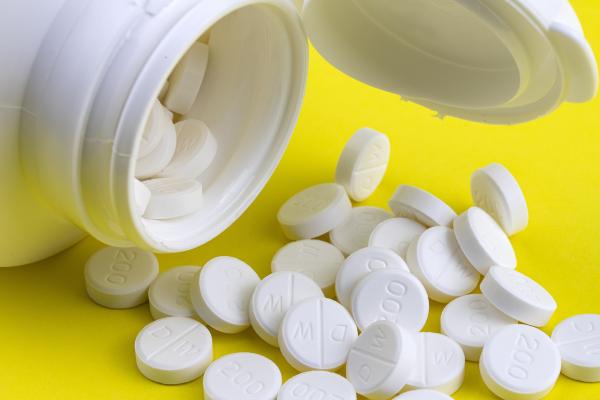Before looking at WHO’s recommendations, it’s worth mentioning that radiation exposure has the greatest effect on the cells that line our digestive tract and the bone marrow that produce our blood cells. This is why, for example, people get nauseous when exposed to high radiation levels and why radiation exposure victims often see their blood cell counts drop. Many of the medications mentioned by the WHO help to address some of these effects of radiation exposure. These medications fall into only a few general categories.
Blocking and decorporation agents help to reduce radiation exposure from radioactivity that’s been ingested or inhaled. In the aftermath of a nuclear reactor accident, radioactive iodine will be released into the environment. Potassium iodide (KI) is a well-known example of a blocking agent – KI will saturate the thyroid gland with non-radioactive iodine, which keeps radioactive iodine from finding a home. The radioactive iodine remains in the blood and is excreted from the body, reducing radiation exposure to the thyroid and the entire body. And then, there is radioactive cesium inhaled or ingested. Potassium ferrocyanide, Prussian blue, is a decorporation agent scavenging cesium from the body so it can also be excreted. Experience with a radiation accident in Goiania, Brazil, releasing Cs-137 in 1987, showed that Prussian blue could reduce radiation exposure by up to 30%.
Hematopoietic agents address the effects of radiation on the blood and blood-forming organs. One of the effects of exposure to high radiation levels is a reduction in blood cell counts. Among other things, this can leave a person vulnerable to infection (due to reduced white blood cells) or bleeding (due to a reduction in platelets). Hematopoietic agents stimulate these cellular components' production, reducing the time a patient is vulnerable to infection and hemorrhage.
Radiation sickness agents treat the symptoms of Acute Radiation Sickness. This includes medications to treat a gastrointestinal injury and its symptoms, nausea and vomiting, and diarrhea. This category might include antibiotics to treat opportunistic infections from the impact of reduced white blood cells.
Many of these medications are well-established. Prussian blue has been used for a half-century or longer, potassium iodide has been used for at least as long, and antibiotics have been used to help treat opportunistic infections since the Second World War. Other medications have been developed more recently, including hematopoietic agents, many of which were designed to combat some of the effects of cancer therapy.
The WHO recommends that countries consider establishing stockpiles of these medications to help treat citizens exposed to high levels of radiation. Is it reasonable to assume that not all countries have equal needs in this regard? Nations without nuclear power plants and those not likely to be attacked with nuclear or radiological weapons are less likely to need to treat large numbers of citizens suffering from radiation exposure, so stockpiles of hematopoietic agents or radiation sickness agents may not be deemed warranted. On the other hand, there have been radiation accidents in Brazil, Thailand, Belarus, Mexico, Bolivia, and other countries that are neither nuclear powerhouses nor nuclear targets. The fact that most nations use radioactivity to help ensure the safety of their blood transfusions, to perform research, to check the quality of welds and structural steel, and so forth suggests that even relatively small nations ought to be prepared for the possibility of an accident.
The WHO report they will likely have little or no effect on the US or many other nations with well-established nuclear and radiological industries; it should provide welcome assistance to smaller countries that still need to plan for possible accidents.




